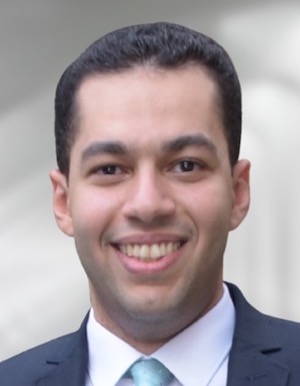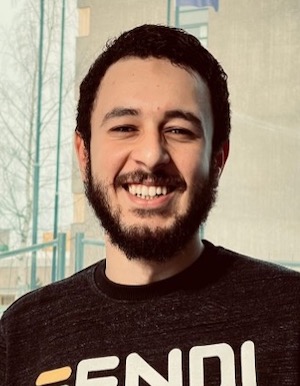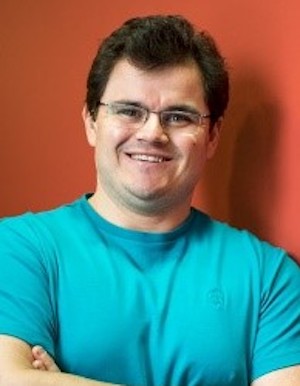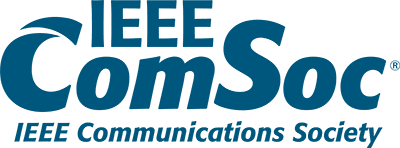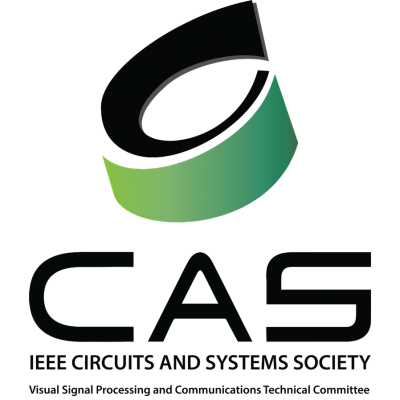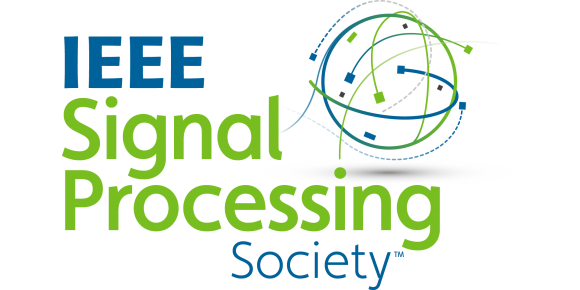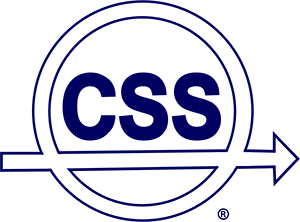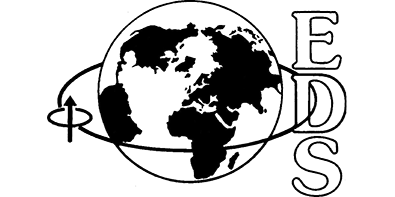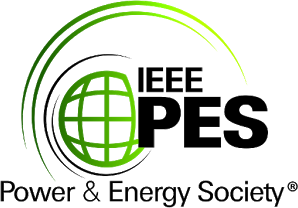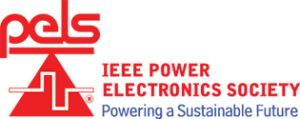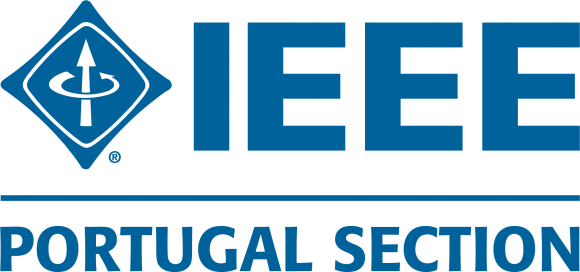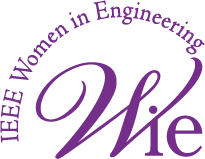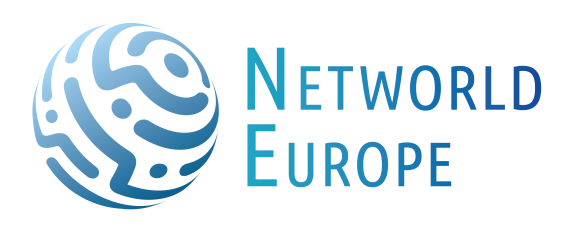Trajectory Learning for UAV‐Assisted Minimization of Age and Power in Massive MTC
ID: Tut-10
Description
Cellular communications have experienced a paradigm shift in recent years by introducing service modes dedicated to machine-type communication (MTC), namely massive MTC (mMTC) and ultra-reliable low latency communications (URLLC). Many smart IoT applications such as traffic control, autonomous vehicles, environmental monitoring, surveillance, and crowdsensing are enabled by MTC. On the other hand, uncrewed aerial vehicles (UAV) are flying BSs with low operational costs and flexible deployment capabilities that can collect information from end devices and re-transmit it to the BS. They also offer the possibility of reaching high altitudes while flying, increasing the probability of line-of-sight (LOS) with both BS and ground users. Deep reinforcement learning (DRL) algorithms have shown immense success in optimizing the UAV trajectory and developing the optimal scheduling policy to minimize energy consumption and the age of information (AoI). This metric quantifies the freshness of information.
This tutorial explores different UAV-assisted scenarios. UAVs are used as dynamic base stations or relays to extend coverage and collect data from MTC nodes. We propose machine learning-based trajectory planning schemes for minimizing these setups' age and energy consumption. More specifically, we present single, multiple, and UAV swarm deployments for serving different numbers of MTC nodes. It is shown that decentralized multi-agent reinforcement learning would be more suitable for many UAVs (UAV swarm). The topic is relevant and compatible with the WF-IoT and its audience interest, as flexible coverage and machine learning are considered emerging technologies for 6G and future wireless communications. Furthermore, researchers and industry leaders interested in the topics above will find them relevant to their research and development.
If you have any questions, please contact Dr. Mohammad Shebab: mohammad.shehab@oulu.fi
Chairs
Mohammad Shehab, University of Oulu, Finland
Mohammad Shehab is a postdoctoral Researcher at the University of Oulu, Finland. He obtained his doctoral degree in 2022 from Oulu. Prior to that, he obtained his B. Sc from Alexandria University in 2011, two M. Sc degrees from the Arab Academy and University of Oulu in 2014 and 2017, respectively. He worked as TA at Alexandria University and the Arab Academy in Egypt from 2012-2015. Mohammad was a visiting researcher to the Technical University of Dresden, Aalborg University, and the American University in Cairo during 2018, 2019, and 2022, respectively. His work so far resulted in 14 conference papers, 12 journal papers, and 1 patent with Nokia Finland. Among a list of other awards, Mohammad won the Nokia Foundation award consecutively in 2018 and 2019. His current research directions include but are not limited to Machine Learning, UAVs, Machine type communication beyond 5G, and Semantic communication.
Eslam Eldeeb, University of Oulu, Finland
Eslam Eldeeb received a B.Sc. degree in electrical engineering from Alexandria University, Egypt, in 2019 and an M.Sc. degree from the University of Oulu, Finland, in 2021, where he is currently pursuing a Ph.D. degree with the Centre for Wireless Communication. He is actively working on massive connectivity and ultrareliable low-latency communication. His research interests are machine-type communication and machine learning for wireless communication networks.
Hirley Alves, University of Oulu, Finland
Hirley Alves (S'11–M'15) is Associate Professor and is Head of the Machine-type Wireless Communications Group. He is actively working on massive connectivity, ultra-reliable low latency communications for future 5GB and 6G wireless networks, full-duplex communications, and energy-efficient and sustainable ICT. He leads the Massive Wireless Automation for the 6G Flagship Program. He is a recipient of several national and international grants and awards. He has been the organizer, chair, TPC, and tutorial lecturer for several renowned international conferences. He is the general chair of the biannual workshop series on Full-Duplex Communications for Future Wireless Networks at ICC and Globecom and led a series of tutorials on the same topic, besides being the lead lecturer in MTC-related tutorials (ISWCS'18, PIMRC'19, INDIN'19, ICPS'19, ICPS'20). In addition, he was the General Chair of the ISWCS'2019 and the General Co-Chair of the 1st 6G Summit, Levi 2019, and ISWCS 2021.



